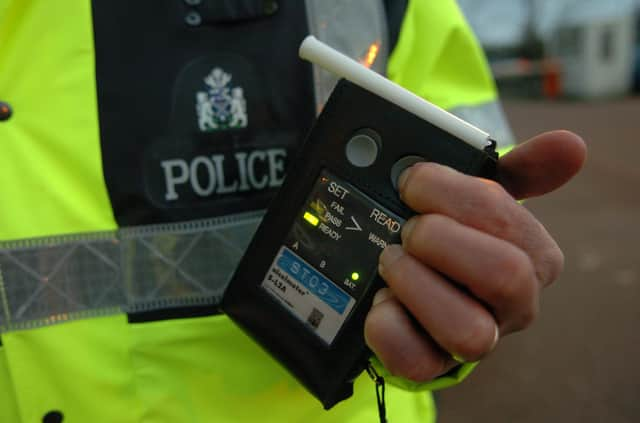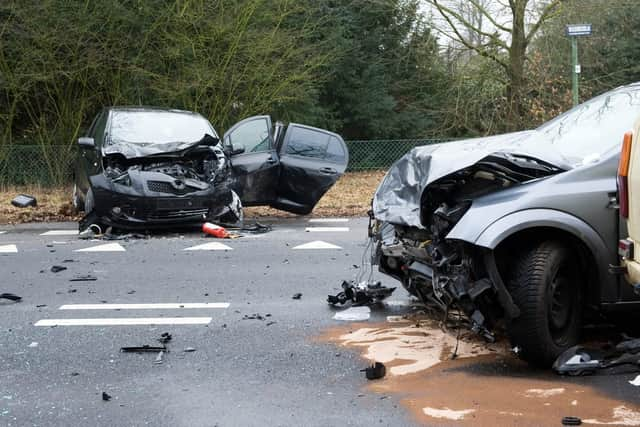Calls for in-car breathalysers and vehicle seizures as drink-drive crashes increase


The Government has been urged to rethink its approach to drink-driving after the number of crashes involving drink-drivers increased to nearly 6,000.
An estimated 5,890 collisions in 2018 involved at least one driver who was over the drink-drive limit, according to figures from the Department for Transport.
Advertisement
Hide AdAdvertisement
Hide AdThat is an increase of three per cent on the previous year’s 5,700 and means that around one in 20 of all crashes on UK roads involves at least one driver who was over the legal drink-drive limit.
The figures have led to calls for increased funding for traffic police and discussions about the rapid introduction of alcolock systems in the cars of offenders. They have also prompted demands for England and Wales to cut their drink-drive limit in line with Scotland’s and consider seizing the vehicles of repeat offenders.


The DfT data showed that the number of drink-drive-related deaths fell slightly in 2018 compared with 2017, with an estimated 240 people killed down from 250. That means that an estimated 13 per cent of all road fatalities involved at least one drink-driver.
However, the overall number of casualties rose very slightly, from 8,600 to 8.680, maintaining a casualty rate that has changed very little since 2013 and accounts for five per cent of all road casualties.
Advertisement
Hide AdAdvertisement
Hide AdNicholas Lyes, head of policy at the RAC said that figures emphasised the need for more police on the roads and the introduction of in-car technology to stop repeat offenders.
He said: “These are disappointing figures which illustrate the need for much more to be done to curb the plague of drink-driving.
“The Government has indicated it is looking at the possibility of introducing alcolock technology to prevent reoffenders from getting behind the wheel, so we’d like to know what progress is being made here. This, together with more police on our roads conducting breathalyser tests, could go a long way to cutting drink-drive deaths in the future.”
Alcolock technology works like a regular breathalyser but uses a system built into the car to check a driver’s breath-alcohol limit. If they are over the legal limit the car will be immobilised.
Advertisement
Hide AdAdvertisement